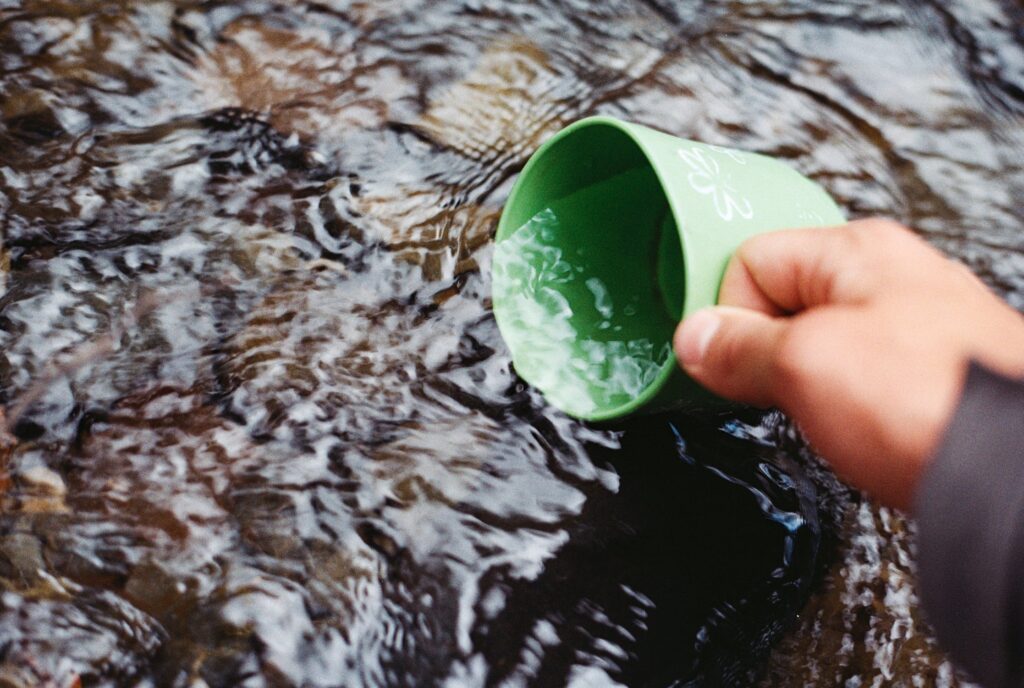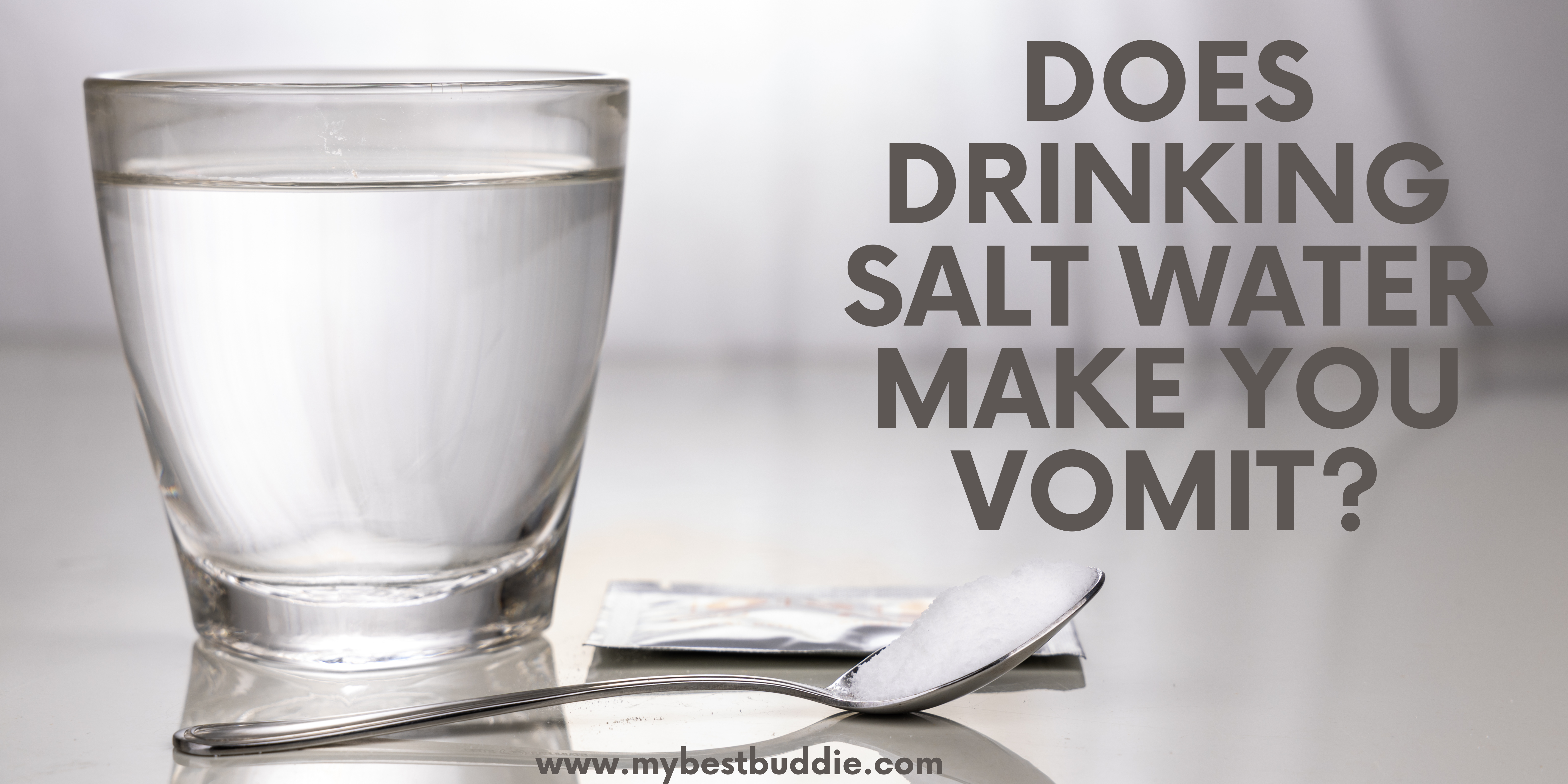Does Drinking Salt Water Make You Vomit?
Saltwater – the bane of our thirstiness! We all know the sensation – the sun beating down on Drinking salt water is a topic that has intrigued many individuals, especially those who find themselves in survival situations where access to freshwater is limited.
In such circumstances, people often wonder if consuming saltwater could quench their thirst and provide hydration. However, it is essential to understand the effects of drinking salt water on the human body and the potential risks involved.
This article aims to shed light on the subject and provide comprehensive information on whether drinking salt water can make you vomit.
Understanding Saltwater and Its Composition
Saltwater, as the name suggests, is water that contains a significant amount of dissolved salts, predominantly sodium chloride. It is found in oceans, seas, and saltwater bodies. The average salinity of saltwater is about 3.5%, which means that for every 1,000 millilitres of water, there are approximately 35 grams of dissolved salts.
What Happens When You Drink Salt Water
Drinking salt water can lead to dehydration, which can be dangerous for the body. The salt in the water draws the fluids from the body, causing a net loss of hydration. Additionally, drinking salt water can cause an imbalance in electrolytes, which can result in nausea and vomiting.
This occurs because the salt in the water makes it difficult for the kidneys to expel excess fluids, leading to a buildup of toxins and waste in the body. In severe cases, this can even lead to kidney damage.
So, in short, drinking salt water is definitely not recommended if you want to keep your body running smoothly. Whether you’re stranded on a desert island or just thirsty after a workout, it’s much better to stick to plain old water and avoid the unpleasant side effects caused by imbibing salt water.

Dehydration and Saltwater Consumption
Dehydration occurs when the body loses more water than it takes in. In situations where fresh water is scarce, some individuals might consider drinking salt water as a desperate attempt to quench their thirst. However, consuming saltwater in such circumstances can worsen dehydration rather than alleviate it.
The Effects of Saltwater on the Body
When a person drinks saltwater, the high salt concentration disrupts the delicate balance of fluids within the body. The kidneys, which play a vital role in filtering waste and maintaining fluid balance, require freshwater to function properly. Drinking saltwater can overburden the kidneys and lead to further dehydration.
Can Drinking Saltwater Make You Vomit?
Yes, drinking saltwater can induce vomiting. The excessive salt content in the water irritates the stomach lining, triggering the body’s defence mechanisms. Vomiting is the body’s way of expelling harmful substances and protecting itself from further damage. The body recognizes the ingestion of salt water as a foreign and potentially toxic substance, prompting a physiological response.
Risks and Consequences of Drinking Saltwater
Drinking saltwater not only leads to vomiting but can also have severe consequences on the body. Excessive sodium intake can disrupt the body’s electrolyte balance, causing dehydration, kidney damage, and even organ failure in extreme cases. The more saltwater consumed, the more severe the risks become.
Alternatives to Drinking Saltwater in Survival Situations
In survival situations where freshwater is scarce, there are alternative methods to obtain safe drinking water. These include:
- Rainwater collection: Utilize natural or makeshift containers to collect rainwater.
- Water condensation: Use plastic sheets or other materials to capture moisture and condense it into drinkable water.
- Filtration techniques: Learn about portable water filters or purification tablets that can remove impurities from water sources.
The Importance of Hydration and Freshwater Sources
While the human body can survive without food for weeks, it can only last a few days without water. Hydration is crucial for maintaining bodily functions and overall well-being. It is essential to prioritize finding freshwater sources in survival situations and to be aware of
Conclusion
Drinking salt water may have temporary benefits, but it comes with detrimental consequences. Dehydration, electrolyte imbalance, nausea, and vomiting follow a sip of seawater. There are alternative sources of hydration such as water-rich fruit, sports drinks, and coconut water. Don’t torture your body, hydrate responsibly.
Read More: How To Get Rid Of Calcium Deposits On Face.







